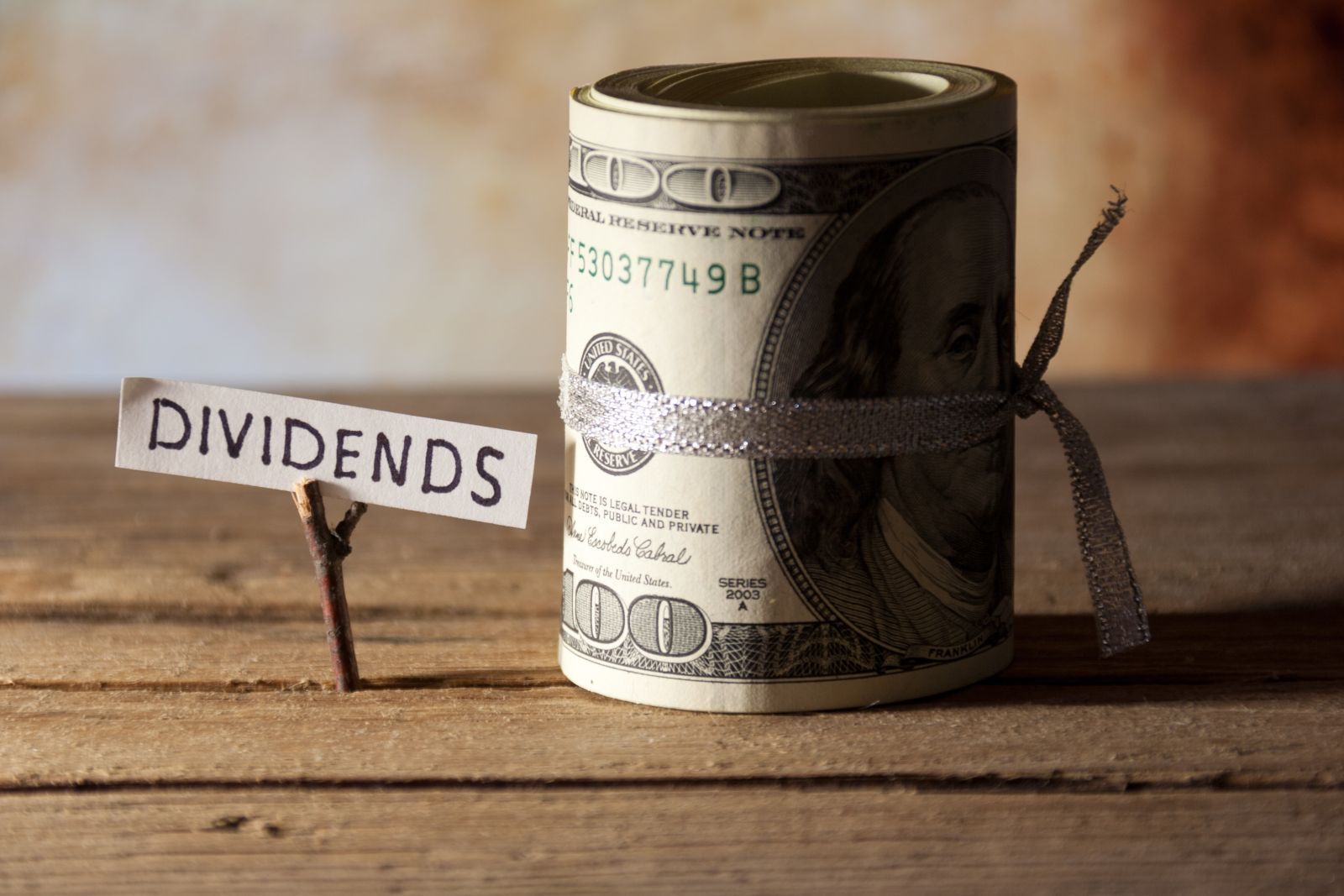
When it comes to dividend stocks, income-oriented investors frequently prefer high-yielding options. However, striking the right balance between a company’s high yield and growth potential is critical. You don’t just want a company that pays a one-time dividend.
Instead, you want one that is financially stable enough to keep paying and increasing dividends. Here are two such names that aren’t blue-chip dividend stocks like Johnson & Johnson (JNJ) or Coca-Cola (KO), but that have quietly built reputations as great passive income stocks with attractive dividend yields.
Dividend Stock #1: Verizon Communications
Dividend Yield: 6.6%
With a market cap of $170.4 billion, Verizon Communications (VZ) is a telecommunications industry leader. It offers wireless services, high-speed internet, and business communication solutions. One of the first things to consider when selecting a good dividend stock is a consistent history of dividend payments and growth. Verizon has built a reputation as a dependable income stock due to the consistency of its dividend payments. It offers an appealing forward dividend yield of 6.6%, which is significantly higher than the communication sector average of 2.6%. More importantly, Verizon has increased its dividend for 20 consecutive years, showcasing its commitment to return money to its shareholders.
Another key factor to consider is a company’s dividend payout ratio, which indicates how much of its earnings it pays out as dividends. A high yield is undoubtedly appealing, but if a company distributes too much of its profits, it may be unable to sustain dividend payments. Verizon’s moderate forward payout ratio of 55.7% suggests that the company strikes a good balance, as it does not pay out all of its profits or limit its dividends. For example, a payout ratio greater than 80% could indicate that the company is not saving enough to reinvest in growth.
VZ stock has gained 2.4% year-to-date, compared to the S&P 500 Index’s ($SPX) gain of 3.4%.

One of Verizon’s biggest growth drivers is 5G technology. Verizon has invested billions of dollars in 5G infrastructure, and as more devices and businesses adopt it, the company will benefit significantly. In the fourth quarter, adjusted earnings per share rose 1.8% to $1.10. In 2024, the company generated free cash flow of $19.8 billion.
Verizon generates massive amounts of cash flow each year due to its subscription-based business model. This strong free cash flow balance enables it to continue paying dividends, pay down debt, and fund growth plans. Its current debt-to-equity ratio is 1.43x. The company anticipates flat to 3% earnings growth in 2025, with a free cash flow balance of $17.5 billion to $18.5 billion. Analysts predict Verizon’s earnings to increase by 1.86% in 2025, before increasing by 4.3% in 2026.
Overall on Wall Street, Verizon stock is rated a “Moderate Buy.” Out of the 25 analysts who cover Verizon stock, nine rate it a “Strong Buy,” two suggest it’s a “Moderate Buy,” and 14 rate it a "Hold.” Its average price target of $46.49 suggests that the stock can increase by 14.8% over current levels. However, its high target price of $55 implies upside potential of 35.8% over the next 12 months.

Dividend Stock #2: AES Corporation
Dividend Yield: 7.1%
AES Corporation (AES) is a global power company specializing in renewable energy, energy storage, and utility-scale power solutions. AES has emerged as a key player in the clean energy revolution, with a growing focus on solar, wind, battery storage, and smart energy solutions. AES has increased its dividend over the last 12 years. In December 2024, the company hiked its quarterly dividend by 2% to $0.17595 per share, effective in the first quarter of 2025. It pays a forward dividend yield of 7.1%, much higher than the utility sector average of 3.75%. The company has prioritized sustainable and consistent growth over aggressive dividend increases and failure to maintain them. Its forward payout ratio of 33% is low, indicating that the company has plenty of room for dividend growth.
Valued at $7.17 billion, AES stock has dipped 22.7% year-to-date, compared to the broader market gain.

The company generates billions of dollars in annual revenue, primarily from long-term contracts with government agencies and businesses that require reliable energy solutions. Adjusted earnings for the third quarter increased by 18.3% to $0.71 per share. Management anticipates that “new renewables commissionings, rate base growth at U.S. utilities, and improved margins in Chile” will drive earnings growth of 6% to 12% for the full year 2024. Earnings could increase by 7% to 9% in 2025, off a base of 2020. Analysts predict AES earnings to increase by 8.4% in 2024, before increasing by another 6.5% in 2025.
AES Corporation’s move to renewable energy is a long-term growth driver. The company has been actively closing down coal plants to replace them with solar and battery storage. The company is well-positioned to benefit from the global shift toward cleaner energy. AES has also signed strategic partnership agreements with tech titans such as Google (GOOGL), Microsoft (MSFT), and Amazon (AMZN), all of which want to power their operations with clean energy. These long-term contracts will provide consistent, predictable revenue, which should support future dividend growth.
However, AES, like many utility companies, has a significant amount of debt, as energy projects require significant upfront investment. It has a relatively high debt-to-equity ratio of 3.86x. The company ended the quarter with $2.15 billion in cash, cash equivalents, restricted cash, and short-term investments. If the company intends to continue paying dividends, it must be careful not to overburden its balance sheet.
Overall, on Wall Street, AES stock is a “Moderate Buy.” Out of the 12 analysts who cover AES stock, eight rate it a “Strong Buy,” one suggests it’s a “Moderate Buy,” two rate it a “Hold,” and one says it’s a “Moderate Sell.” Its average price target of $16.18 suggests that the stock can increase by 60.3% over current levels. However, its high target price of $25 implies upside potential of 147.7% over the next 12 months.








